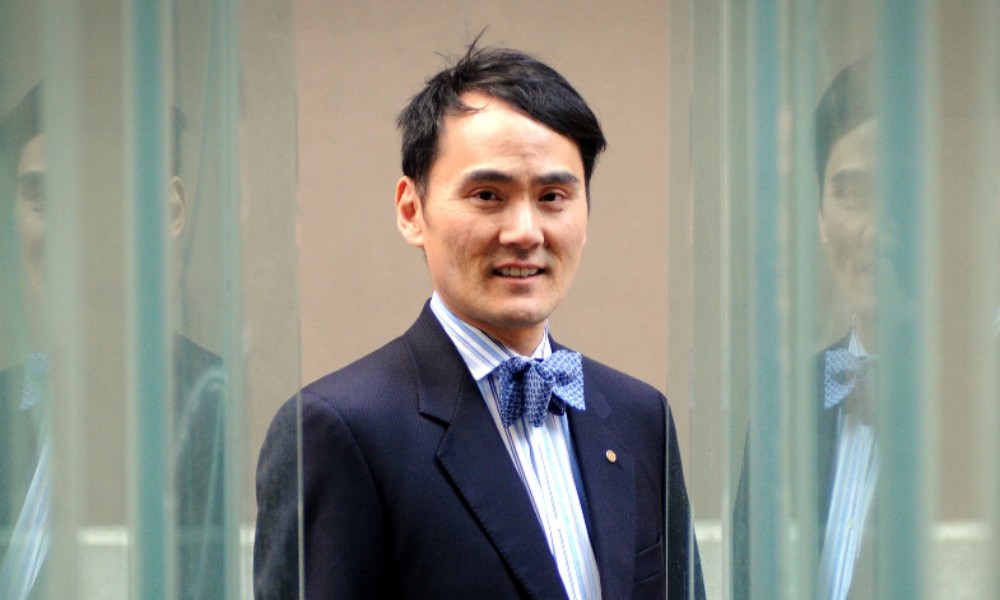
Medical evaluators are turning down work from insurers, says one lawyer

Independent medical examinations are becoming a litigation “battleground” — and now medical evaluators are turning down work from insurers, says one lawyer.
Lee Akazaki, a partner at Gilbertson Davis LLP, raised concerns about lawyer conduct in a recent edition of The Advocates’ Quarterly, citing s. 44 of the Statutory Accident Benefits Schedule.
“It is a problem,” he tells Law Times. “A lot of practitioners have stopped performing
the section 44 examinations in instances where they recognize certain law firms that they've had run-ins [with]. They don't want to have the associated litigation — and the litigation can take on various forms.”
Some of the more controversial tactics are litigating consent, threatening privacy complaints, and complaints to regulatory colleges, says Akazaki. As these practice developments become more common, there’s a risk that car accident litigants could face longer delays, he says.
“It's becoming significant enough of an issue that a number of insurance companies that I know have had open files on catastrophic claims that they cannot proceed with. In some instances, these claims have been open for over a year, because they're unable to get an assessor to perform an examination,” he says.
“So it is it's not a huge problem yet, but it is a problem that is real.”
When it comes to “litigating consent,” there is no provision on a claimant’s consent to being examined by a healthcare practitioner chosen by the insurer — refusal to be examined means risking loss of benefits, he explains in the paper.
Nonetheless, the medical community is sensitive to consent issues, Akazaki explained. A growing group of lawyers are either advising clients to withhold consent or are requiring medical evaluators to implement law firms’ consent forms, he says.
“When they're presented with a demand to negotiate the consent for section 44 IME, they'll actually engage in that negotiation, whereas there should be no negotiation at all,” he says.
“I think that there is a belief that manipulating the process is going to achieve a better result for the injured client. And in the short term, perhaps it might, because delay can be leveraged into providing additional benefits for the client. But at the end of the day, delay is counterproductive.”
Other legal manoeuvres that have gained prominence are complaints to regulatory colleges and privacy complaints. When it comes to health profession colleges, even a cursory investigation or remedy can be seen in the medical community as a “blemish” on one’s record.
Privacy complaints, on the other hand, may reflect a lack of understanding of s. 44, says Akazaki.
Lawyers may send letters with the threat of a complaint against the assessor, the assessment company or the insurer under privacy protections under PIPEDA. But, Akazaki says, a report to the Office of the Privacy Commissioner is an “empty threat” because there is an exemption under PIPEDA for information gathered under a formal dispute resolution process.
“It's important that both the personal injury bar and the defence bar have a better understanding of how these separate legal regimes actually don't come together,” says Akazaki.
Akazaki says that if these practices snowball in the legal community, it could create an image problem for the bar.
“It does create a bad impression,” he says. “It perpetuates the view that lawyers do what they do in order to cause litigation, as opposed to be the professionals who are employed to resolve litigation.”